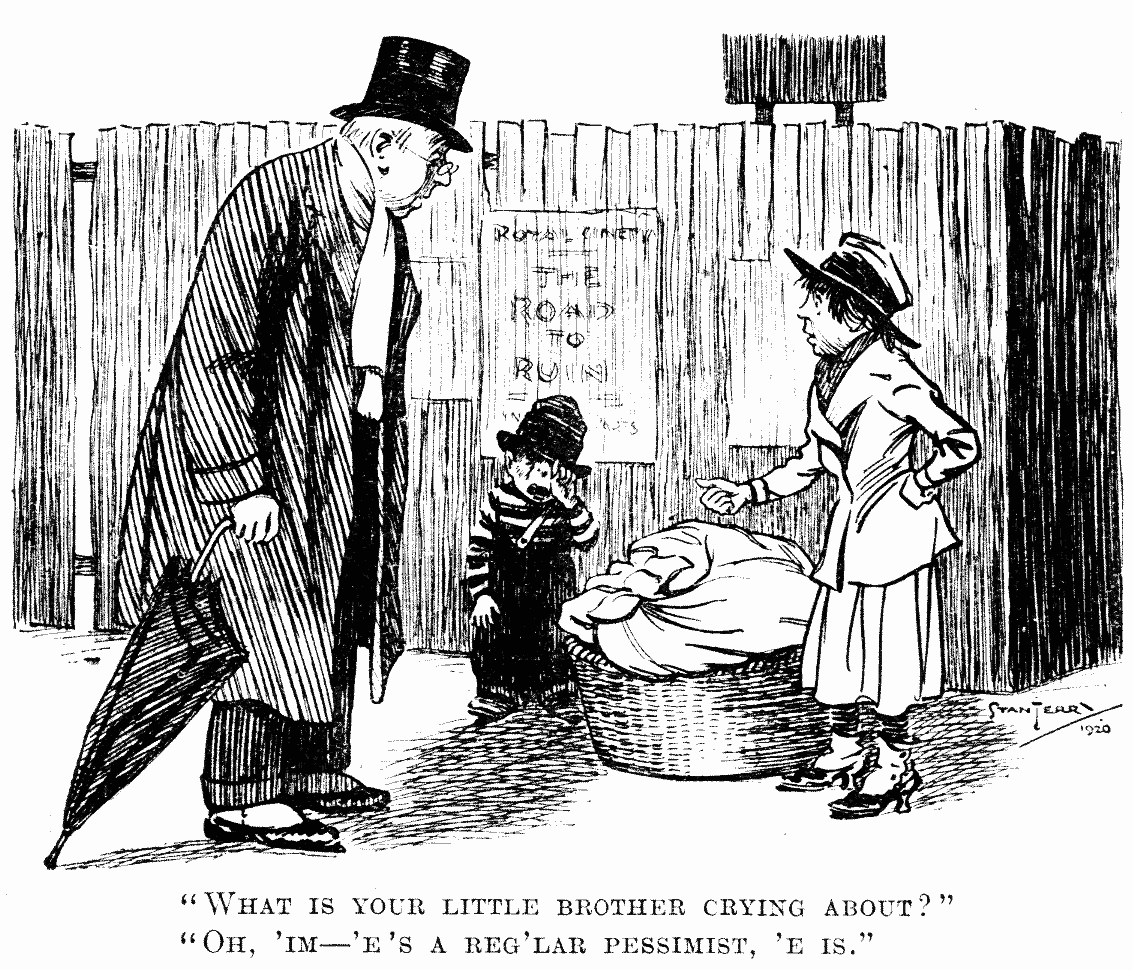 If you want to change the world, that is.
If you want to change the world, that is.
We’re reminded of the pain and anguish that can be part of revealing your true self at work. While exposing our vulnerabilities often makes us stronger, it can also come with great risk. Pulitzer Prize-winning journalist Jose Antonio Vargas knows first hand, and in the New York Times he recently asked the journalistic questions to himself and published the story of coming out as an undocumented American.
Born in the Philippines, at the age of twelve Vargas was sent by his mother to live in America with relatives. He earned a merit-based scholarship to California State University San Francisco, and through diligent work–and sometimes illegal means–as a first year student he gained employment at The San Francisco Chronicle. Vargas built on this experience, and procured journalist roles at other preeminent media outlets such as The Philadelphia Daily News, The Huffington Post and The Washington Post.
But his identity as an undocumented immigrant took unsustainable amounts of energy to hide. In the Times, he recounts: Read more





